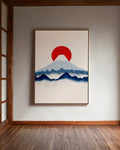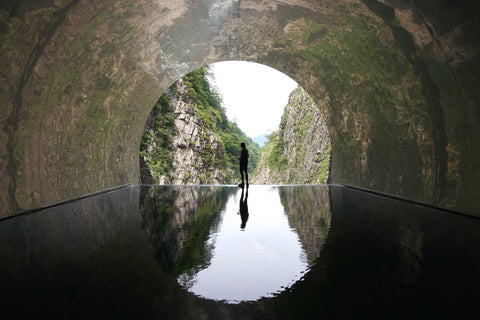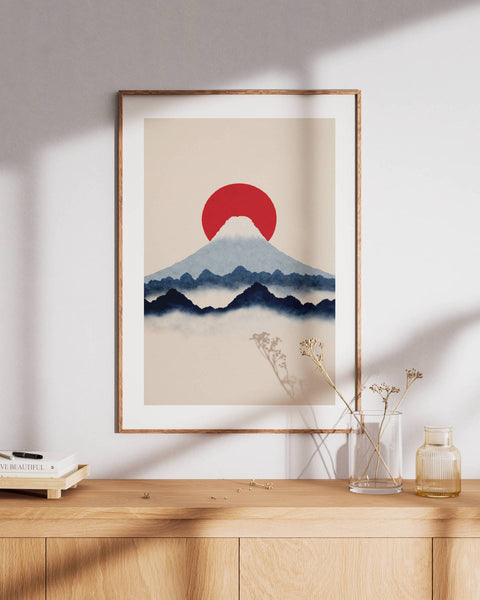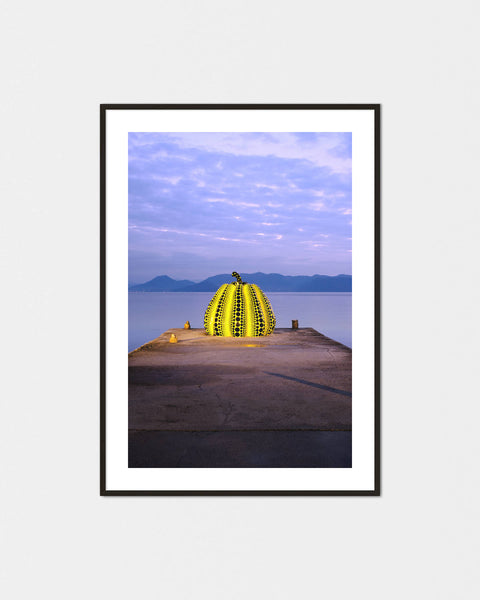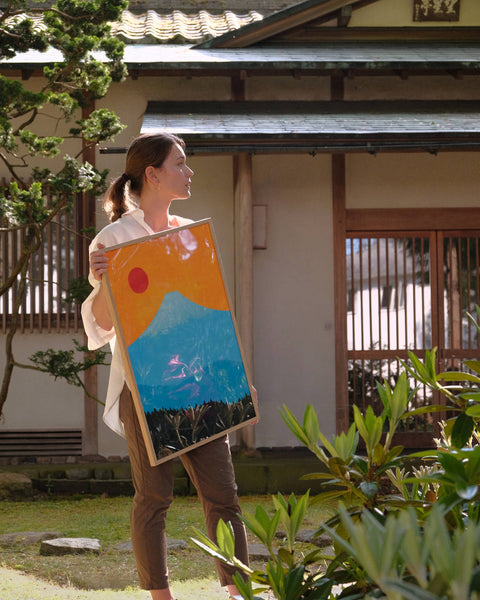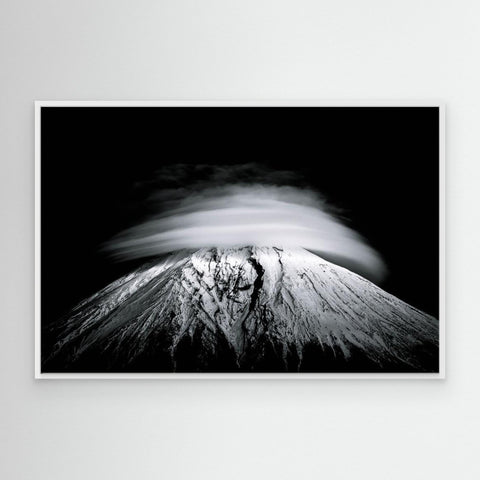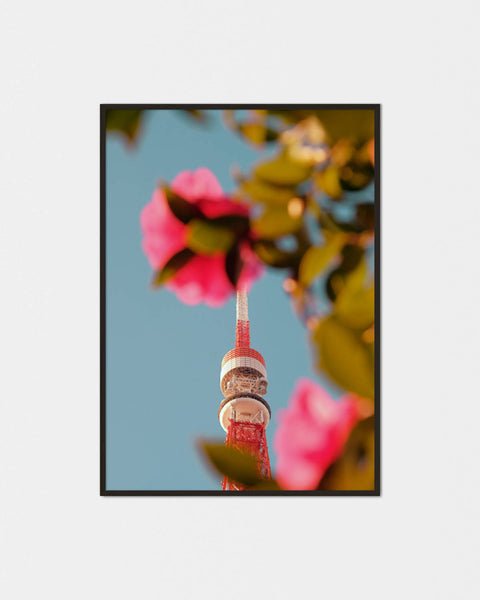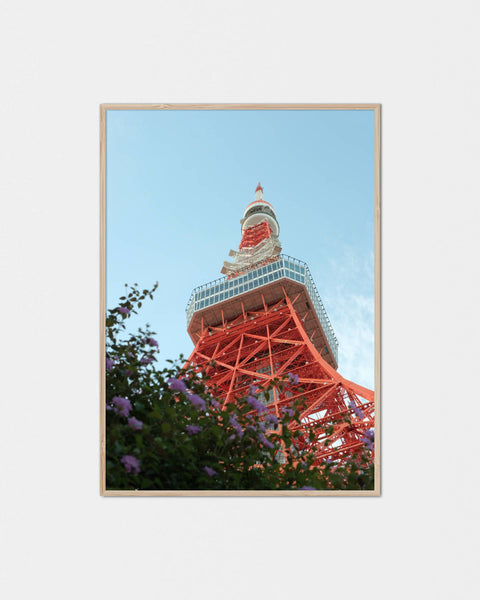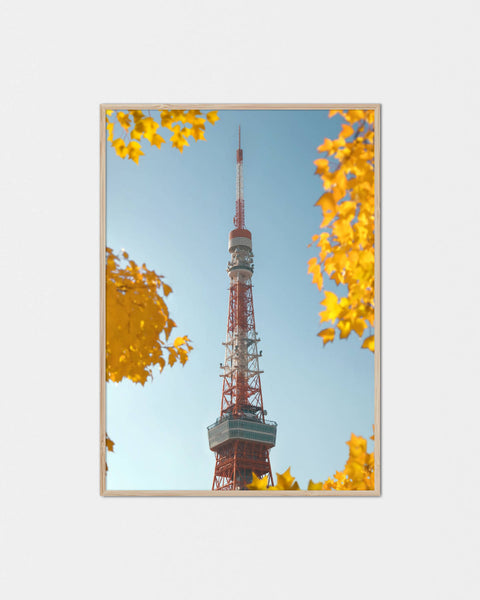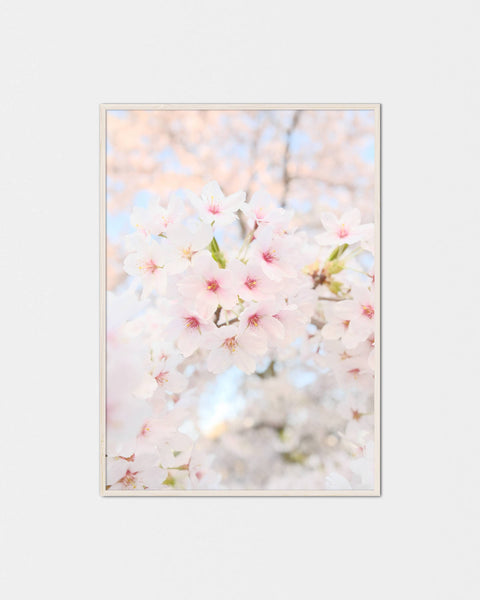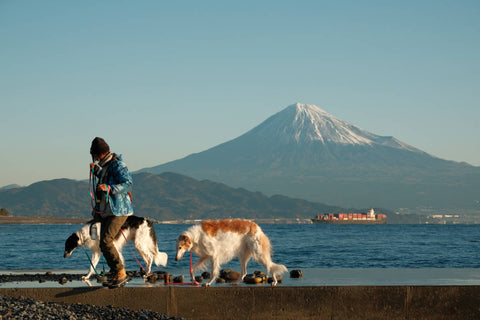A visit to Japan could be the love story of your life.
As soon as you set foot on the island of Japan, you become intrigued by its diverse cultural features. Once you visit, you'll want to stay for more. I became a victim of that when I decided to travel to Japan on a working holiday visa in my early 20s. You don't know what's waiting, and that's powerful. More than a decade later, I'm still very drawn to the country and curious about the things that remain undiscovered.
Arriving in Japan as a first-time visitor is exciting. I've talked to several foreigners in the past, and many have said the same thing. Visiting Japan for the first time is like traveling in a dream — one that you don't want to end.
In retrospect, that's how I felt after visiting Japan. Another thing we have discussed is to understand what it's like to live in Japan beyond the surface. To better understand you'll need to stay in the country for more than a few weeks or come back several times. Ergo, you have more time to reflect on the differences in what may seem true from the first meeting. Sometimes there are two sides to the coin — and flipping it around helps you comprehend the culture and get to know the people on a different level.
Learning about these differences and exploring things from a different perspective gives foreign eyes the chance to dig deeper into what real Japan is about. Something that I've been grateful to study from various stays and encounters — as a result made me fall in love with Japan even more.
Here are five significant reasons I think Japan is fantastic. Consequently, also why I love being there:
The Japanese people
Regarding ethnic background, Japan is probably not as diverse a place to live compared to many other countries. Of course, that depends on the area you live in. Tokyo, for example, is a lot more international than the rural areas of Japan. Naturally, you will be interacting with the Japanese people daily, quickly learning that they are friendly and curious by nature. Of course, we are all different and have different personalities. I have mostly had positive encounters with the Japanese people, forming friendships, learning about cultural values, and creating memories to keep.
Sure, there have been times when communication has been difficult, but in the end, it is not all about speaking the same language. Learning Japanese as a foreigner can be just as cumbersome as when a Japanese person should take on the task of learning English. My point is that language is just a tool for communicating. There is much to gain by showing interest in what may seem distant and challenging at first sight.
Coming to Japan as a foreigner is a perfect example of just that. A strong desire to learn about a distant culture and a willingness to engage with the Japanese. Despite their reserved nature at times, the locals are also very interested in outsiders and the culture you represent.
To me, this is why I love meeting people in Japan. Whenever I talk to them, they show interest and are curious to know who I am. That can also be true in my home country. Although, we tend to keep our distance and stick to ourselves — missing the opportunity to share moments worth living.
Japanese food is Oishii
It's probably no surprise that Japanese cuisine (Washoku, 和食) is a gastronomical experience attracting people with curiosity and fascination. Speaking for myself, I could probably live in Japan for the rest of my life because there's so much delicious food to eat. It's not only about Sushi but also many other traditional dishes that you can try. Sukiyaki (すき焼き) and Shabu Shabu (しゃぶしゃぶ) with lots of fresh vegetables, for example, are dishes that I appreciate.
To me, rice isn't just rice anymore. I grew up with potatoes and not so much with rice. Therefore, my taste for rice wasn't as developed as that of many people in Eastern cultures. Over time while staying in Japan, I must admit that my sense of Japanese rice and my appreciation for its rich flavor and soft texture have evolved. Japanese rice has a distinct taste because of many years of rice production and the know-how. In addition, to the fact that Japan is an island based on volcanic activity makes the soil and conditions ideal for cultivation. The secret to good rice certainly goes beyond my guesses, yet rice in Japan is a reason you'd grow love for the nation since you can enjoy it every day.
It's not too much to say that I will never get tired of Japanese rice. Should it happen, to my surprise, then there are noodles available in many different types of dishes. For example, Soba, Udon, and Ramen are worth mentioning. There is a strong tradition for Ramen with many variations around the country. Also, I noticed a Ramen boom outside Japan lately. There are many different Ramen flavors to try. Ramen is a soup-like dish served in a bowl with thin or thick noodles together with different toppings. The flavors typically include Shouyu, 醤油 (Soya), Tonkotsu, 豚骨 (Pork), Shio, 塩 (Salt), and Miso, 味噌 (Fermented condiment usually made from soybeans).
Fruits and vegetables grown in Japan are a category unto themselves — benefiting from the same agricultural development and produced in a wide variety of optimal conditions throughout the country. Japan is well-known for its apples, tangerines, watermelons, peaches, yuzu, and cherries. Regarding vegetables, it's mostly Shiitake, Daikon, Renkon, Wakame, Nori, and Wasabi that I crave when returning to Japan. Everything has a unique taste and is full of flavors. Some also call it umami.
Onsen (natural hot springs) in Japan
Visiting a hot spring (Onsen, 温泉) in Japan is one of my absolute favorite things to do. The best thing about them is that they exist in almost every region. In many cities, a Sentō (銭湯) is preferred instead of Onsens. A Sentō is more like a public bathing facility where the water comes from heated tap water rather than natural undergrown sources like Onsens. Wether I visit an Onsen alone, with family, or with friends, it will always be a few hours of rejuvenation.
The water temperature in Japanese Onsens varies from bath to bath. Usually, they're hot to the skin (hence the name). Sometimes too hot, so you can't stay in the water for long. Fortunately, most places have another bath you can switch to or areas to cool off. Onsens differ in their color and smell. Each bath often has a sign and text explaining what it's good for. Natural hot springs are said to help with things like increasing circulation, menstrual pain, diabetes, skin problems, and relieving muscle pain. The list of benefits at different Onsens is extensive, but what is to be said for all of them is that you should try them out.
Usually, there is an inside and outside area. The outside bath is called Rotemporo (露天風呂). The outdoor facility is where I like to be the most. Especially if there's a view of nature or something that relaxes my senses. For me, that's typically rain or snow falling from the sky, a bird's sound, or the wind blowing among the trees nearby. In compact city areas, you don't always have a view. Instead, there are other things to look at while bathing. For example, a Japanese print decoration or a peaceful little Zen garden. In the case you have followed my experiences, you know that I feel drawn by the sceneries of Mt. Fuji and inspiring art. Consequently, I particularly enjoyed visiting a charming Sentō near the Asakusa area of Tokyo, where there is a huge mural depicting Fuji-san. Sometime after, I became aware that the location is often featured in magazines, commercials, and movies. It's called Daikokuyu (大黒湯) also known as Oshiage Onsen Daikokuyu. I remember that this one had water sourced from a natural hot spring. With that in mind, I can only recommend going there as a perfect place for a small break if you're planning a day around Tokyo Skytree.
Oh, and if you didn't know. In Onsens, people bathe in the nude, and there are a few traditions and etiquettes you should know beforehand. I'll try to write a whole post about Japanese Onsens and the rituals soon — because this article could become endless otherwise, as much as I enjoy the tradition. Onsens are a cultural thing that you'll love if you're a curious person like me who likes to be in touch with nature and your health.
Attention to detail and quality in Japan
There's probably no other place like Japan concerning attention to detail and quality. The culture and philosophy of lifestyle and what they do are deeply rooted. Often, you're not just doing something for a living. No, you're carrying traditions and knowledge passed down through generations to perfect the things you do. Whether that is to be a sushi chef, farming koi carp, or running a service-oriented business. It all comes down to thinking about others and how to enrich people's lives.
As a customer, there may be high expectations of what you are expected to get. Like any other country, price plays a role in this, of course — but in general, you feel in good hands across society and wherever you go. To me, it's not necessarily about high standards of living, dining at Michelin restaurants, or having an extravagant lifestyle in general.
The things that I love about Japan and its cultural values come down to small unexpected gestures. For instance, when visiting the toilet, the person before you has cleaned after them and sometimes even made time to spray some perfume. When you buy noodles from the supermarket, they're not just sorted into a plastic bag like spaghetti is in most countries. With consideration, noodles come separated into equal parts, so you don't add too much and avoid gaining weight. If you lose your mobile phone on the train, someone will likely run after you to return it. How could you not be thankful for that?
There are times when I simply can't resist smiling and feeling a sensation of happiness. It's out of these small things thinking of others. The culture of Japan is based on humility and considering others before oneself.
A unique and rich cultural heritage in Japan
Before coming to Japan, I had little experience or knowledge of Japanese culture. Today, I assume many first-time visitors have a good idea about Japan and what there is to experience. However, the truth is that nothing can be left to the assumptions. Instead, you will need to make your own impressions to know how you truly feel. Every story begins with a step willing to sense a place with an open mind and accepting to learn about cultural differences.
In Japan, you'll find a rich cultural heritage that will introduce you to things you may not have known about. I love exploring elements of Japanese culture that almost always amaze me. For example, the many different festivals and events you can participate in throughout the year. Hanami, 花見 (cherry blossom viewing) in the spring, Hanabi-matsuri, 花火祭り (fireworks festival) in the summer where people wear Yukata, Kouyou-kisetsu, 紅葉季節 (leaves changing color season) in the fall, and 冬祭 (winter festival) — a season covering most of the country in snow, setting the scene for many spectacular events.
Have you also fallen in love with Japan?
These were the five main reasons I lost my heart to Japan. In fact, the list could be even longer when I think about it, but I'll save the extra for another post.
On the other hand, I'm curious about your experiences, so please let me know what you love about Japan by commenting below. If you haven't had a chance to visit Japan yet, you should definitely book a flight to explore the country yourself.
Have a great time and enjoy whatever comes in your life in Japan or wherever your path takes you.

